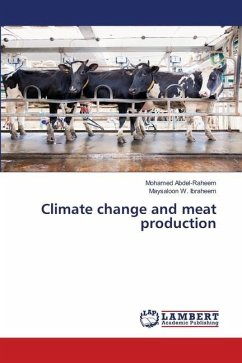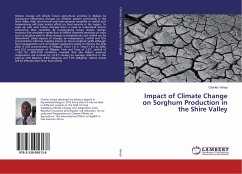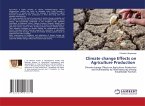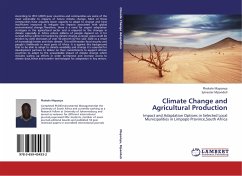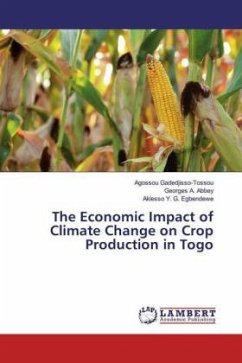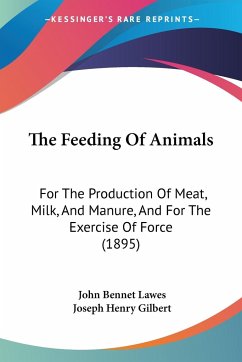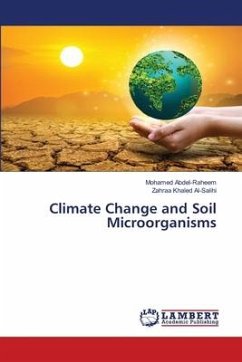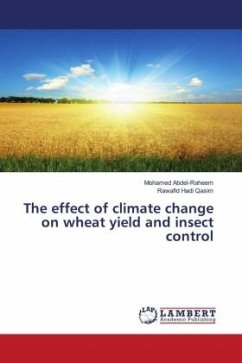Between 1961 and 2009, the world recorded a continued increase in the demand for meat, driven by the fast growth in population, economic improvement, changes in eating habits and rapid urbanization. This has resulted in improved livestock production that is projected to continue even into the future. However, raising animals for food has been identified as a major contributor to climate change. As more meat is produced to satisfy the increasing demand, it is important to understand its effect on climate change, which continues to be a threat to food security. Livestock production contributes 14.5% of the total greenhouse gases (GHGs) that originate directly from the animal in the form of enteric emissions (39%), or indirectly from activities in the meat production value chain like animal feed production and processing (45%), manure decomposition (10%) and slaughter, processing and transportation of animal products (6%). The amount of GHGs emitted in meat production depends on thetype of feed and the capability of the animals to digest and utilize feeds, thus minimizing the amount of waste excreted.
Bitte wählen Sie Ihr Anliegen aus.
Rechnungen
Retourenschein anfordern
Bestellstatus
Storno

